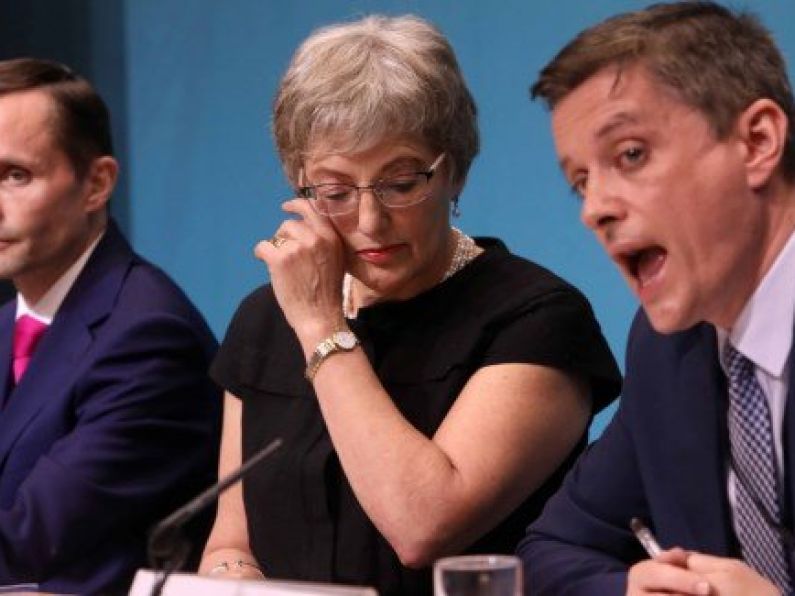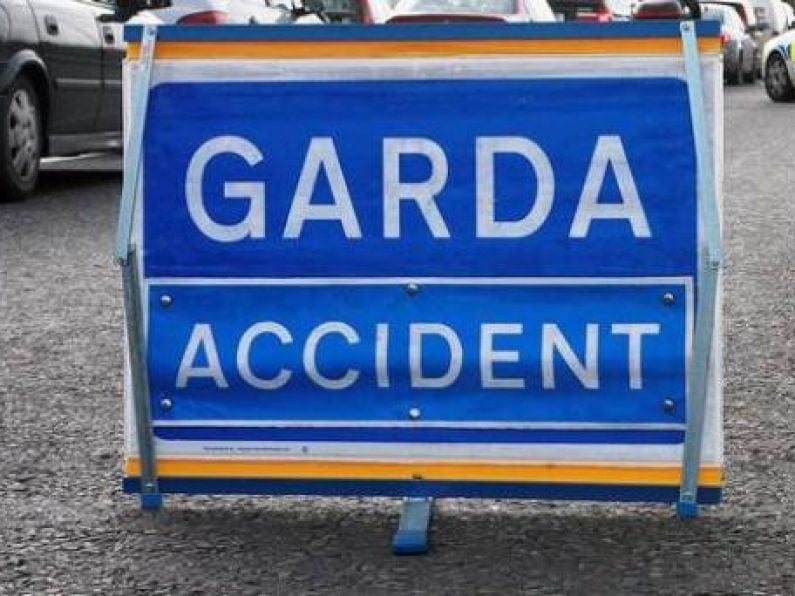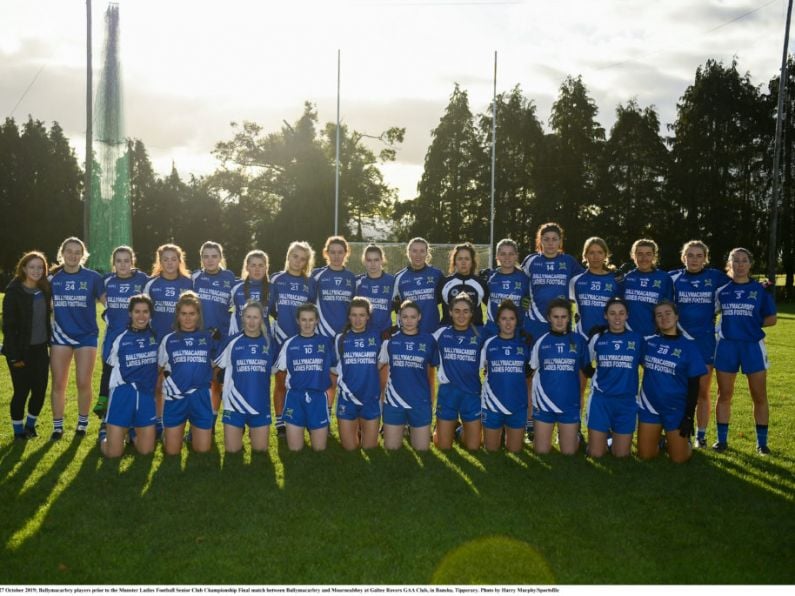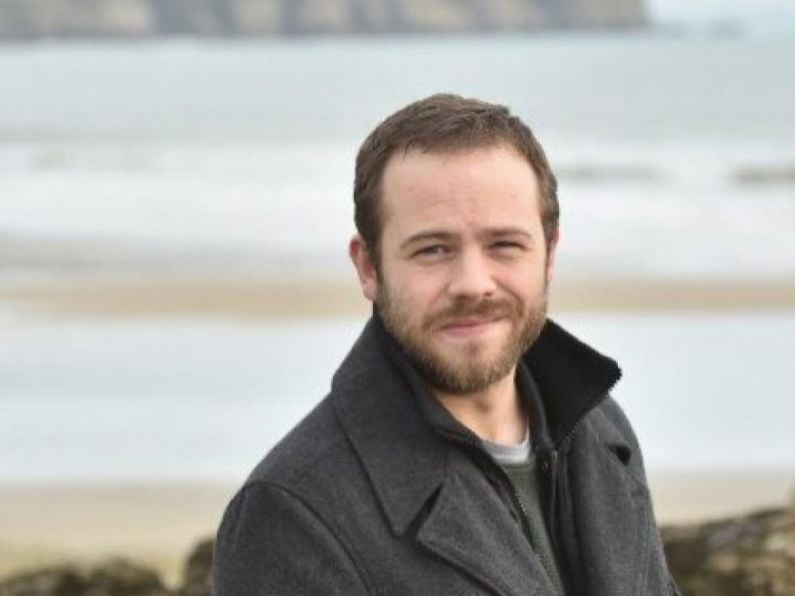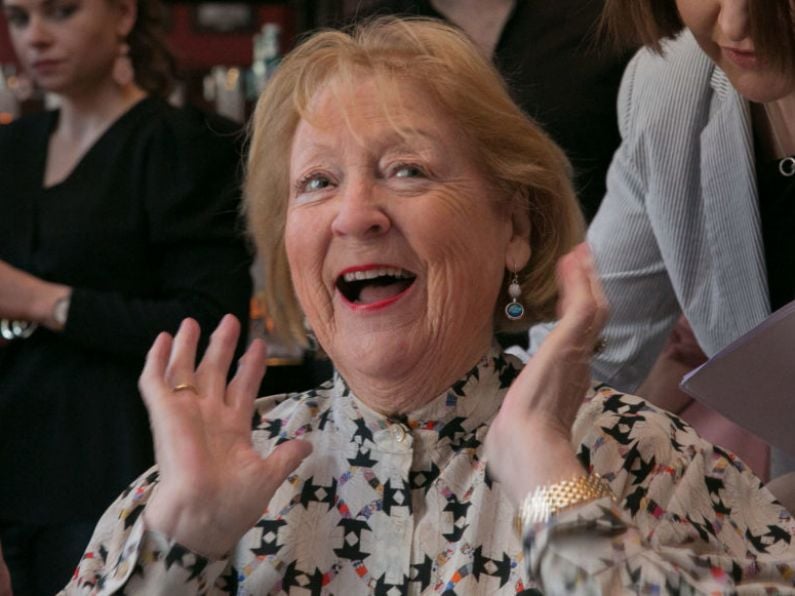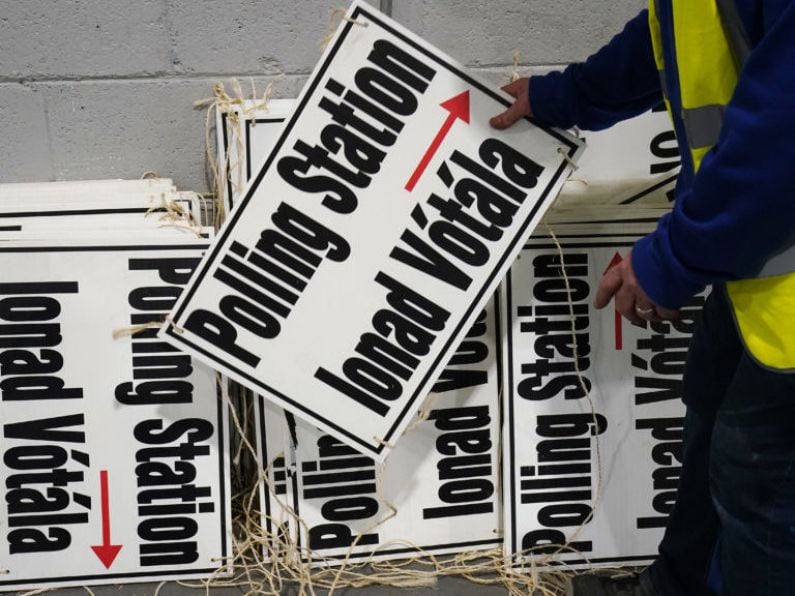A scoping exercise into hundreds of thousands of the State’s adoption records may reveal thousands of people who have no idea they were illegally adopted.
Children’s Minister Katherine Zappone revealed that Tusla had identified 126 cases where people had their births illegally registered between 1946 and 1969.
The cases were identified during an analysis of some 13,500 adoption records that were transferred to Tusla by the former adoption society, St Patrick’s Guild.
Illegal birth registrations occur where a child is placed with a couple or individual that are not the parents or parent, but the birth is then registered as if the child had been born to that couple or individual.
Following an initial examination, Tusla identified the illegal registrations because there was a marker specifying ‘adopted from birth’ on the individual file.
Having cross-checked the records with those of the Adoption Authority of Ireland (AAI) and the General Register Office (GRO), Tusla identified 126 incorrect registrations as follows:
- Nine people who have had no contact with St Patrick’s Guild and may be entirely unaware of the true circumstances of their birth;
- 14 people where a relative had contact with St Patrick’s Guild, but where it is not clear whether the person affected are aware of the incorrect registration;
- 31 people who have had previous contact with St Patrick’s Guild and who may or may not be aware of the incorrect registration;
- Two people who, though later adopted legally, were the subject of an illegal registration initially;
- In the case of a further 16 people, Tusla found insufficient evidence to determine whether an illegal registration had taken place.
Of the 126 cases, it was confirmed 20 children were placed outside of Ireland. Seven went to the North, 11 to Britain, and one to the US.
Tusla is expected to publish details soon of how they will contact people. It has notified the Commission on Mother and Baby Homes, and transferred relevant records to it. Gardaí were first contacted in February about the cases and on their request, 10 sample files were sent on.
by Conall Ó Fátharta and Elaine Loughlin for the Irish Examiner



